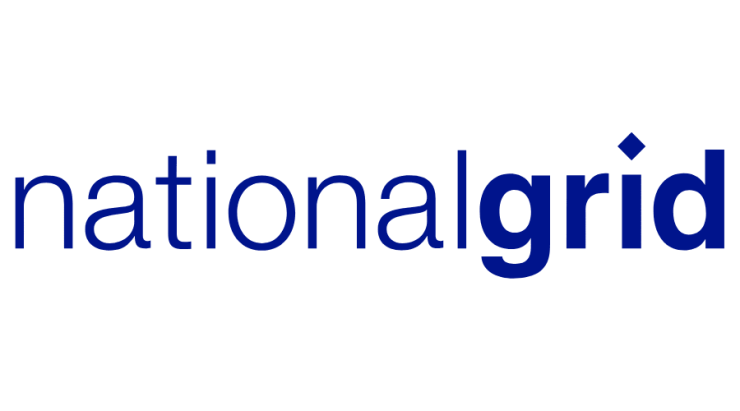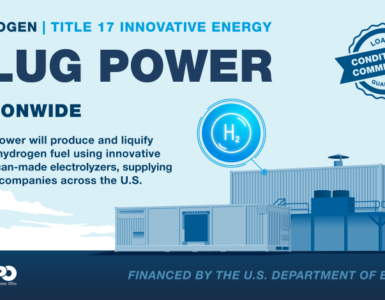National Grid RFI finds ample renewable gas, green hydrogen available in New York, Massachusetts.
Its plans for a fossil-free Northeast gas system were validated by the request for information, the utility says.
National Grid announced it had located “robust stocks” of renewable natural gas and green hydrogen via a recent request for information, enough to meet its needs in New York and Massachusetts through 2025. The utility is planning for a 100% “fossil-free” gas network by 2050.
James Holodak, the utility’s vice president of energy procurement, said in a statement:
🔥 What about we co-host a webinar? Let's educate, captivate, and convert the hydrogen economy!
Hydrogen Central is the global go-to online magazine for the hydrogen economy, we can help you host impactful webinars that become a global reference on your topic and are an evergreen source of leads. Click here to request more details
The RFI response alone is nearly double our 2025 need for fossil-free fuel and our analysis indicates that this initial response is not nearly the extent of RNG, hydrogen, and other innovative renewable resources that National Grid can procure.
National Grid anticipates needing 15 trillion British thermal units of RNG or green hydrogen by 2025, and it said its RFI located 33 trillion Btu. RNG can be sourced from decomposing materials at farms, landfills, wastewater, and other sources, the company said, while its offshore wind portfolio can be used to create hydrogen through electrolysis.
In April, National Grid unveiled a plan to eliminate fossil fuels from both its gas and electric systems in Massachusetts and New York by 2050.
Holodak said the results are “an important proof-point” but that new policies and regulatory support will be needed for National Grid to ultimately “deliver an affordable and reliable clean energy transition for our customers.”
The utility did not disclose any cost or pricing information obtained through the RFI, however, due to nondisclosure agreements with project developers.
National Grid’s plan “outlines a roadmap to achieve a clean energy future at the least cost to our customers by coupling significant electrification with the utilization of our existing gas network,” utility spokesperson Chad Castro said in an email.
The utility said it would like to see a renewable heating standard to “increase production and drive down costs just as a renewable portfolio standard did for wind and solar.”
Some aspects of the Inflation Reduction Act of 2022, which President Biden is expected to sign Tuesday, “will help scale hydrogen availability while also defraying costs to our customers,” Castro said.
How to decarbonize building heating is a major climate challenge, experts say. A recent study from the American Council for an Energy-Efficient Economy concluded electric heat pumps will be the most affordable way to heat most single-family homes using clean energy in the U.S. in 2030, but in some cold-weather regions, an “alternative fuel backup” using RNG or hydrogen will be necessary.
READ the latest news shaping the hydrogen market at Hydrogen Central
National Grid RFI finds ample renewable gas, green hydrogen available in New York, Massachusetts, August 16, 2022








